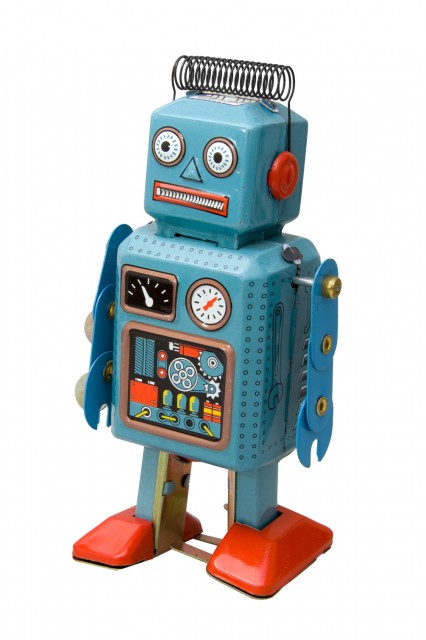Date£º
2014-09-24 09:47 Source£º
thedrinksbusiness Author:
Lucy Shaw Translator:
Researchers in Denmark have created an artificial tongue they claim is able to assess the effect of tannins in wine more effectively than professional tasters.

Could robots soon replace wine critics?
As reported by Tech Crunch, the research, published in ACS Nano, claims the optical nanosensor is a superior judge of the effect of tannins in the mouth than a human due to being entirely objective.
Created at Aarhus University, the nanosensor uses salivary proteins to detect the level of astringency in wine by measuring the molecules in your mouth.
¡°The sensation arises because of the interaction between small organic molecules in the wine and proteins in your mouth.
¡°This interaction gets the proteins to change their structure and clump together. Until now, the focus has been on the clumping together that takes place fairly late in the process,¡± said researcher Joana Guerreiro, a PhD student at the university.
¡°With the sensor, we¡¯ve developed a method that mimics the binding and change in the structure of the proteins, i.e. the early part of the process.
It¡¯s a more sensitive method, and it reproduces the effect of the astringency better,¡± she added.
The science behind this device can also be used to develop targeted medicine. ¡°The sensor could be helpful for discovering and even preventing diseases,¡± said Duncan Sutherland, research director for the study.